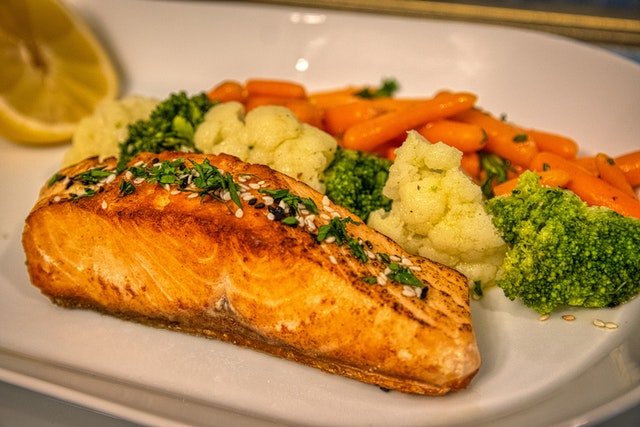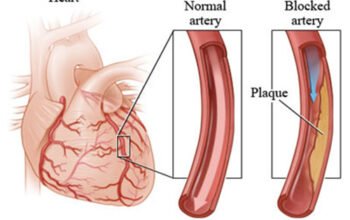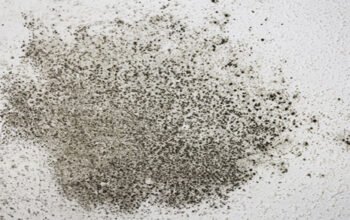As we age, our bodies undergo numerous changes that can accelerate the aging process. However, emerging research suggests that the right diet can significantly delay aging and help maintain youthful vitality. Understanding how nutrition impacts our cellular health is key to developing a diet that supports longevity and overall well-being.
Understanding the Science Behind Aging and Nutrition
Aging is fundamentally a complex biological process driven by several key factors. Oxidative stress, glycation, and inflammation play critical roles in how our bodies age. Free radicals damage cellular structures, while glycation causes proteins to become stiff and less functional. These processes contribute to visible signs of aging and increased risk of age-related diseases.
Nutrition emerges as a powerful tool in combating these aging mechanisms. Certain foods contain powerful compounds that can:
- Neutralize harmful free radicals
- Reduce systemic inflammation
- Support cellular repair mechanisms
- Protect DNA and mitochondrial function
Top Anti-Aging Foods to Transform Your Diet
Antioxidant Powerhouses
Berries stand out as exceptional anti-aging foods. Blueberries, strawberries, and raspberries are packed with antioxidants that combat oxidative stress. Studies show these fruits can contain up to 10 times more antioxidants than other produce, helping protect cells from damage and potentially slowing the aging process.
Omega-3 Rich Foods for Cellular Health
Fatty fish like salmon, mackerel, and sardines are rich in omega-3 fatty acids, which play a crucial role in reducing inflammation and supporting skin health. These healthy fats help maintain cell membrane flexibility and support brain function, potentially mitigating age-related cognitive decline.
Polyphenol-Rich Nutritional Allies
Green tea, dark chocolate, and pomegranates are exceptional sources of polyphenols. These compounds have been linked to improved cellular health, reduced inflammation, and potential protection against age-related diseases. Research suggests that regular consumption can support cardiovascular health and potentially slow cellular aging.
Collagen-Boosting Nutrition
Vitamin C-rich foods like citrus fruits, bell peppers, and leafy greens are essential for collagen production. Collagen is a critical protein that maintains skin elasticity and joint health. By supporting natural collagen synthesis, these foods can help maintain a more youthful appearance and reduce the visible signs of aging.
Practical Tips for an Anti-Aging Diet
Incorporating these foods into your daily diet doesn’t require a complete nutritional overhaul. Consider these practical strategies:
- Add berries to morning yogurt or smoothies
- Replace processed snacks with nuts and seeds
- Drink green tea instead of sugary beverages
- Include fatty fish in meals 2-3 times per week
- Snack on dark chocolate with high cocoa content
Beyond Diet: A Holistic Approach to Aging
While nutrition is crucial, an anti-aging strategy must be comprehensive. Regular exercise, stress management, adequate sleep, and staying hydrated are equally important. Research indicates that individuals who maintain a holistic lifestyle can reduce age-related disease risks by up to 50%.
Final Thoughts
Delaying aging is not about seeking a magical fountain of youth, but about making informed, consistent choices that support your body’s natural processes. By understanding the science behind nutrition and implementing strategic dietary changes, you can potentially slow aging, improve overall health, and enhance your quality of life.
Remember, everyone’s body is unique. Consulting with a healthcare professional or nutritionist can help you develop a personalized anti-aging nutrition plan tailored to your specific needs and health goals.






